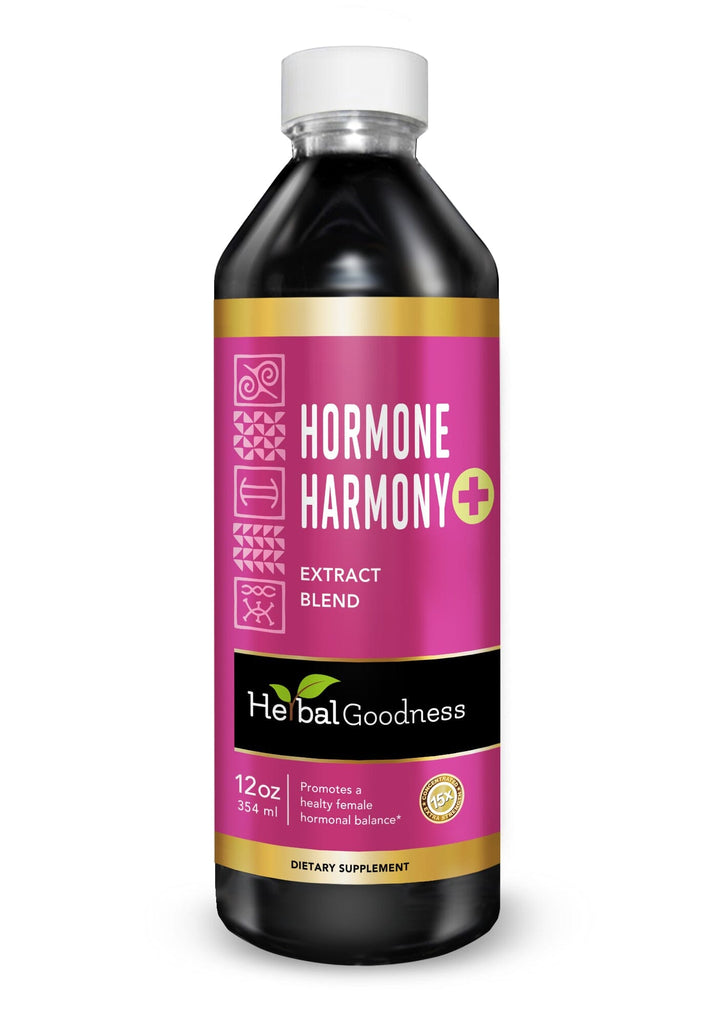Nutritional support is essential for hormonal balance as it helps regulate hormones and maintain overall health. A balanced diet rich in nutrients such as vitamins, minerals, and antioxidants can support the production and function of hormones.
Proper nutrition can also help manage conditions like hormonal imbalances, pms, and menopause by providing the body with the necessary building blocks for hormone synthesis and promoting optimal hormone levels. Additionally, certain foods and dietary supplements, such as omega-3 fatty acids and adaptogenic herbs, can have specific benefits for hormonal health.
By making healthy food choices and ensuring adequate nutrient intake, individuals can support their hormonal balance and overall well-being.

Credit: longevity.technology
Understanding Hormonal Balance And Its Importance
Hormonal balance plays a crucial role in our overall health. When hormones are imbalanced, it can lead to various negative effects on the body. Achieving hormonal balance is vital for optimal well-being. Hormones are responsible for regulating many bodily functions, including metabolism, mood, sleep, and fertility.
Imbalances can result from factors such as stress, poor nutrition, and certain medical conditions. Maintaining a nutrient-rich diet can support hormonal balance. Foods high in omega-3 fatty acids, antioxidants, and fiber can help regulate hormone production and function. Additionally, regular exercise and stress management techniques can also contribute to hormonal balance.
Understanding the importance of hormonal balance and making the necessary lifestyle changes can promote overall health and well-being.
The Impact Of Nutrition On Hormonal Balance
A well-balanced diet plays a crucial role in maintaining hormonal balance. Nutrients that support hormone production include vitamins, minerals, and fatty acids. Incorporating foods like avocados, nuts, seeds, and oily fish can provide essential fatty acids. Leafy greens, legumes, and whole grains offer vitamins and minerals necessary for hormone synthesis.
On the other hand, it’s important to avoid sugary and processed foods that can disrupt hormone levels. These foods include refined carbohydrates, artificial sweeteners, and trans fats. Additionally, dietary tips for maintaining hormonal harmony include eating regular meals, staying hydrated, and managing stress levels.
By prioritizing proper nutrition and making healthy choices, individuals can support their hormonal balance and overall well-being.
Specific Nutritional Recommendations For Hormonal Health
Optimal hormonal balance can be achieved through specific nutritional recommendations. Essential vitamins and minerals play a crucial role in hormone regulation, ensuring proper functioning of the endocrine system. Incorporating herbal supplements into your diet can further support hormonal health, with benefits ranging from reducing inflammation to balancing estrogen levels.
Meal planning also plays a significant role in hormonal balance, as it allows you to focus on incorporating nutrient-dense foods that promote hormone regulation. By carefully selecting foods rich in omega-3 fatty acids, phytoestrogens, and antioxidants, you can support a healthy hormone balance naturally.
Customizing your diet to include foods that promote hormonal health can have a positive impact on overall well-being. Embracing a holistic approach to nutrition provides the necessary support for hormonal balance and helps optimize overall health.
Key Nutrients For Hormonal Balance
In order to support hormonal balance, key nutrients play a crucial role. Omega-3 fatty acids, found in fish and flaxseeds, are known for their anti-inflammatory properties. Vitamin d, obtained through sunlight exposure or supplements, regulates hormone production. B vitamins, particularly b6 and b12, aid in the synthesis of hormones and promote their balance.
Meanwhile, magnesium, present in nuts, seeds, and leafy greens, helps in the production of sex hormones. These nutrients work together to enhance overall hormonal function and mitigate any imbalances that may cause various health issues. Ensuring a diet rich in these key nutrients can promote optimal hormonal health and overall well-being.
So incorporating them into your daily diet may support healthy hormonal balance.
Herbal Supplements For Hormonal Balance
Maca, chasteberry, dong quai, and black cohosh are herbal supplements that can provide nutritional support for hormonal balance. These supplements can help regulate hormonal levels naturally, promoting overall well-being. Maca, known for its adaptogenic properties, may help balance hormones by supporting the endocrine system.
Chasteberry, also known as vitex agnus-castus, has been used for centuries to support hormonal balance and alleviate pms symptoms. Dong quai, often referred to as “female ginseng,” is believed to promote hormonal harmony and support menstrual health. Black cohosh, another popular herb, may help manage menopausal symptoms by balancing hormone levels.
Incorporating these herbal supplements into your lifestyle, along with a balanced diet and healthy lifestyle choices, can contribute to maintaining hormonal balance and overall wellness.
Meal Planning Strategies For Hormonal Balance
Meal planning strategies are crucial for maintaining hormonal balance. One effective approach is to carefully balance macronutrients, such as proteins, fats, and carbohydrates. Incorporating hormone-balancing foods, like leafy greens, fatty fish, and seeds, can optimize your meal plans. Additionally, paying attention to meal timing and portion control can greatly influence hormone regulation.
By spacing out meals evenly throughout the day and consuming appropriate portion sizes, you can support hormonal balance. Implementing these meal planning strategies can help promote overall hormonal health and well-being without the need for medication or drastic changes. With a mindful approach to nutrition, you can take control of your hormonal balance and enjoy enhanced health and vitality.
Conclusion
Incorporating proper nutrition and targeted supplementation into your daily routine can greatly support hormonal balance. By focusing on a diet rich in nutrient-dense foods like fruits, vegetables, whole grains, and lean proteins, you provide your body with the essential vitamins, minerals, and antioxidants it needs to maintain optimal hormonal function.
Additionally, incorporating specific foods like leafy greens, fatty fish, and foods high in fiber can further support hormonal balance. Consider integrating supplements like omega-3 fatty acids, vitamin d, and adaptogens to bolster your body’s ability to regulate hormones naturally. Remember to consult with a healthcare professional before starting any new supplementation or making significant dietary changes.
By adopting a holistic approach that prioritizes nutrition and targeted supplementation, you can optimize your hormonal health and experience improved overall well-being. Empower yourself with knowledge and take control of your hormones for a balanced and vibrant life.






